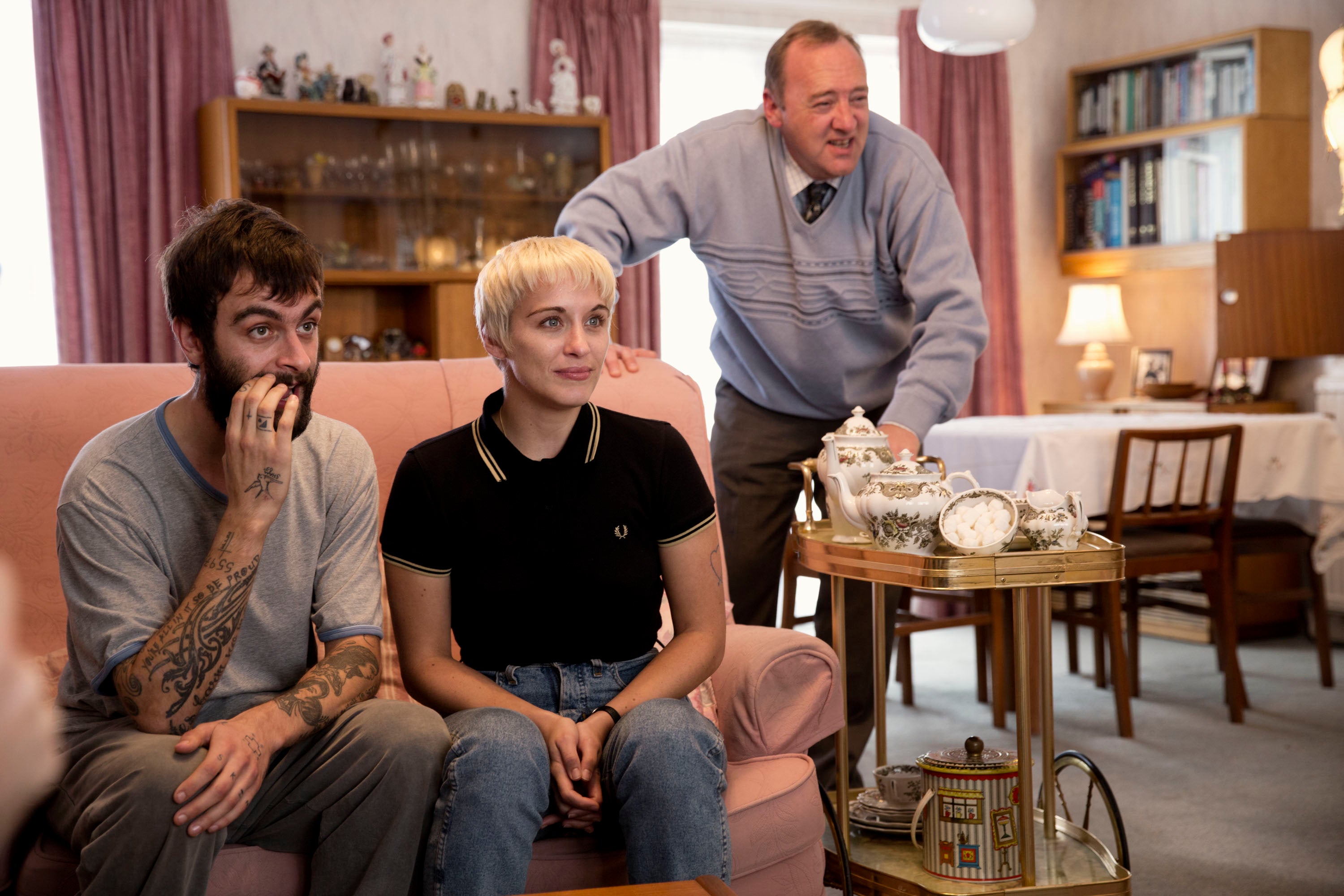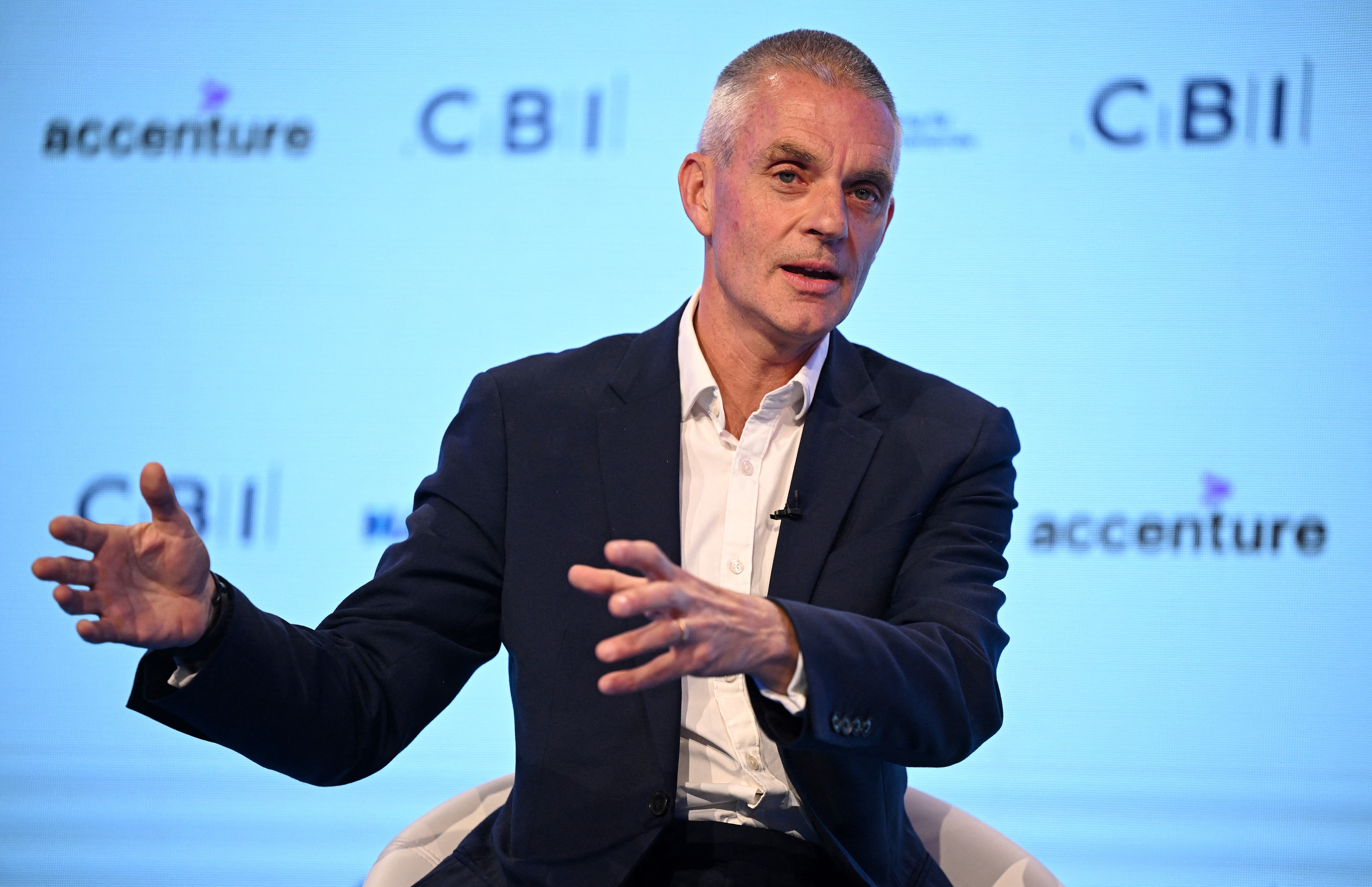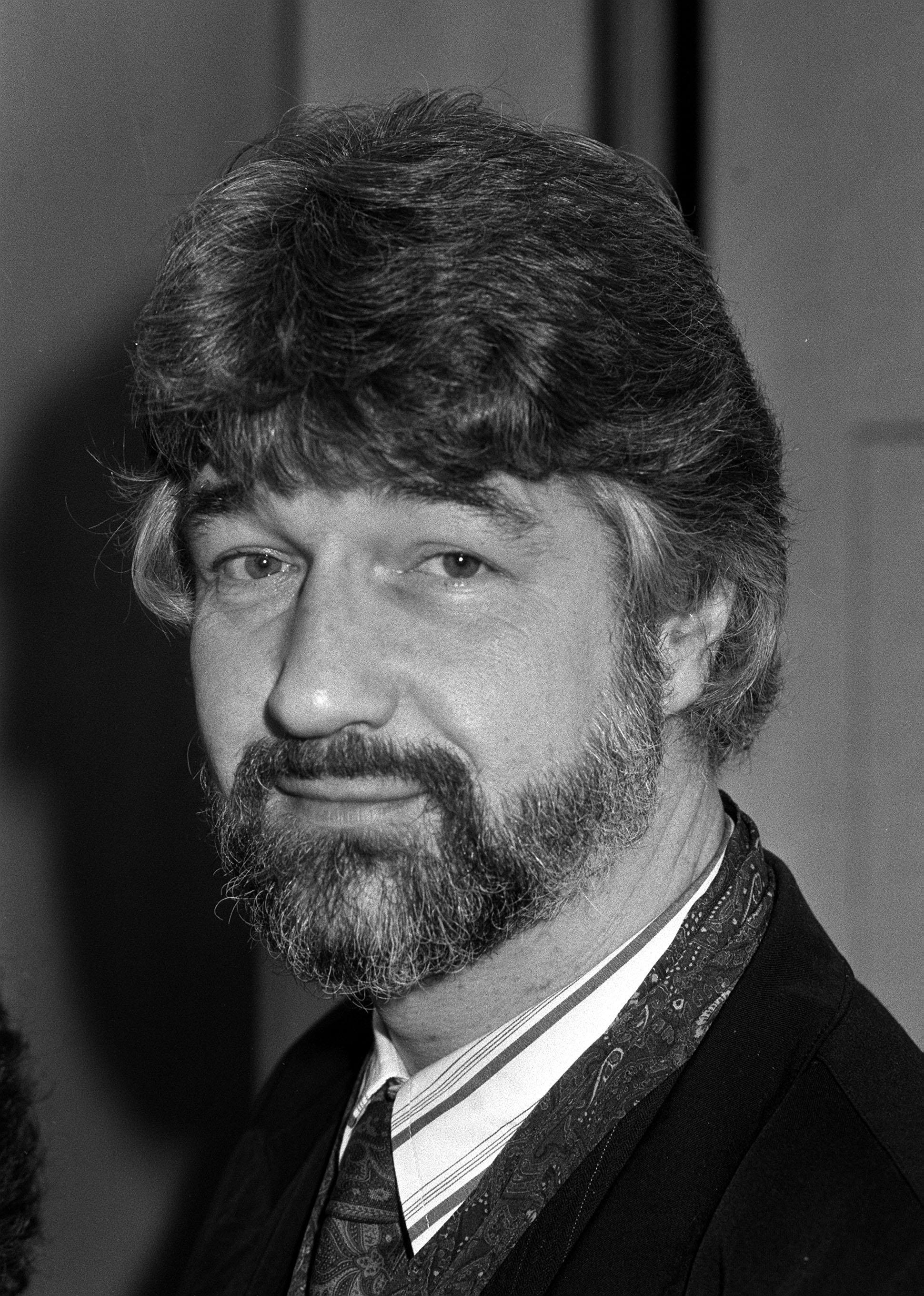
Yesterday came the deeply sad news that Pauline Collins had died at the age of 85. Along with her went Sarah, went Dawn, went Shirley: just three of the iconic female characters she played on screen in Upstairs Downstairs, The Liver Birds, and Shirley Valentine, respectively.
And as I re-watched Shirley chirp, “Hello, Wall!” after the news came, my heart didn’t just break at the loss of one of our finest actors, but at the realisation of what else we’ve lost. The descendants of the characters she played, the working-class women on cinema and television screens who are warm, sharp, poignant and funny (and I mean funny, choose just one of Shirley’s metaphors: supermarkets and sex, the clitoris and a Ford Escort).
The working-class women who have filled our screens less and less in recent decades have been reduced to sad outlines of the real, alive-and-usually-kicking thing. Today, our fix of working-class representation is more likely to come via fictional stories commissioned by middle and upper-class “creatives”, or real ones by privately-educated journalists. Or, the worst of both worlds – cheap reality television, casually tossed to the masses as the thing that those “kind of people” enjoy.
So, what the hell happened? Where did all the Shirley Valentines go? (Rita, Sue and Bob too)
This week, we got a couple of hints, two news stories echoing the data showing the arts has both a class and a woman problem. Only 8 per cent of workers in film, TV, radio, photography and video now come from a working-class background and only 12 per cent of journalists; women make up only 34 per cent of managers and directors in the creative industries.
And while it’s a far bigger and more complex question than “who gets hired?”, it’s where we must start. It took the privately-educated (wife of a baronet) ex-Today programme presenter Sarah Montague to point this out when she remarked in the wake of her £400,000 payout from the BBC for gender pay inequality, the big BBC “struggle” today, wasn’t gender necessarily, it is class.
In the same week, the ITV presenter Lorraine Kelly revealed to Lauren Laverne on Desert Island Discs that in the Eighties, when, desperate to be a news correspondent and applying to every job going at the BBC, she was told by a boss at the corporation, “Maybe if you take elocution lessons, but you’re never going to make it in telly with that accent.”
While Lorraine did eventually get hired by the corporation as a researcher, she reflected on the wider problem and why it matters to today’s storytelling: who is deciding what stories are worth telling, and who is telling them. “If we only ever hear elite opinions, then we are in an appalling state,” she told Laverne.
It’s fair to surmise that working-class female creatives are caught in a vice – one called “you’re screwed!” – where class and gender inequity intersect. I both mourned at Collins’s passing and flinched at Lorraine Kelly’s anecdote, because they both touched a nerve.

I’m a journalist, author and documentarian) and worked at the BBC as a freelance reporter, spending over a year in 2022-2023 investigating the school absence crisis in the UK and the impact on vulnerable children, for the podcast documentary series, Terri White: Finding Britain’s Ghost Children.
I was approached for the project as I was told they were trying to work with more working-class female journalists in the North. I had grown up in poverty, been a vulnerable child, and had suffered physical and sexual abuse and “escaped” through school and education. I was passionate about the kids at risk like I had been and was able to gain interviewees’ trust in communities like mine which are traditionally distrustful of outsiders, especially if they are journalists. I sounded like them, talked like them, my life was like theirs. These things, I thought, were my superpower.
Yet, internally, my powers must have waned. Days before broadcast, I discovered an editor had – unbeknownst to me – recorded narration, links, the opening and the closing of the podcast, with a big BBC radio presenter, as “you don’t sound like a BBC journalist”. The concern was that the audience would be confused, wouldn’t believe I was a “real” journalist.
I was devastated and felt like I’d been used for my story and very worst experiences, while it never occurred to them that not sounding like a BBC journalist could be… a good thing. It could help the podcast connect with a working-class audience, maybe even encourage more working-class kids to become journalists.
In the end, it went out as originally planned after I withdrew my consent for broadcast.
Within hours a listener DM’d me to say, “No offence but so great you don’t sound like the usual beeb type.” Critic Miranda Sawyer went on to say I was a “sympathetic, emotional host”, The Telegraph that I presented “with a sense of there-but-for-the-grace–of-God-go-I horror. She knows what an unexplained absence can mean.”
The series even went on to win Gold for Documentary Series at the ARIAs (Radio Academy Awards otherwise known as the radio Oscars), Silver at the New York Festivals Radio Awards, plus a British Social Workers Association Journalism Award.

Great, right? Critical acclaim, awards, a new audience for the BBC, finally tackling the BBC’s class issues in journalism that even Tim Davie has noted recently? Well maybe, but I’ve never worked for the BBC since and unfortunately, the BBC hasn’t improved for working-class journalists. They began collecting socio-economic data in 2017, aware of the class issues that led to a feeling “the BBC is more removed from communities and audiences than ever before”. That year, 29 per cent of staff across broadcasting were from working-class backgrounds (based on parental occupation when the staffer was a teenager). Today, the BBC’s latest figures to Ofcom, show 27 per cent of BBC staff with a working-class background. You don’t need to be Einstein to see that it’s getting worse, officially.
And it’s not just the BBC either. Ofcom’s latest report on equity, diversity and inclusion in broadcasting concluded that “the underrepresentation of employees from a working-class background is a substantial issue for the industry”, with their analysis showing increased representation across all characteristics, apart from the working class (down to 27 per cent industry-wide).
But the majority of employers don’t bother providing data on parental occupation, which means the picture we see – as bad as it is – is likely only the tip of the elitism iceberg. And with only one in 10 in the arts overall with working-class roots, it should be clear by now what we lose. The Shirley Valentines.
Because this isn’t just about an individual robbed of opportunity, a living and a job they’d be good at. It’s about having the same stories reflected back at us; told in the same tongue, with the same accent and the same line of sight.
A mostly male, middle- and upper-middle-class lens, is now the dominant one in the world, and the rest of us are refracted through it. The biggest victim of this? The culture of, by and about, the working-class. How many great films, series or comedy shows haven’t been made because those commissioning them don’t connect with them, or see them as important? They don’t know how our bodies move, our brains tick, our spirits soar or how our hearts break in tight corners.
Instead of allowing us to tell our own stories, all too often our hearts and minds are rejected for caricatured “realities” patronisingly crafted by others. Apart from some very notable exceptions – I am looking at your Sally Wainwrights and Shane Meadows – we are represented as flat and fatally flawed characters traversing a world in which we’re trapped between the concrete and the black sky. On the news, we’re only shown when we’re screaming at asylum seekers on the news, or being interviewed by a posh bloke for a documentary on benefits. We’re rarely shown laughing, or feeding our communities.

But when you give the working-class opportunity, a platform, a commission, or just the beginnings of a fair crack, great things happen. You get the Stephen Graham co-created (Philip Barantini-directed) global smash hit Adolescence; Sherwood, James Graham’s world-class Nottingham noir slash contemporary interrogation of de-industralisation in working-class communities (not to mention Punch, his play about ordinary masculinity and violence); the searing and righteous art film, Grenfell, from Steve McQueen; Rain Dogs, Cash Carraway’s brutally honest memoir turned HBO telly show. We get the brilliance of Gogglebox and the sharp one-liners that speak for the nation. We get Top Boy and Riot Women in Hebden Bridge.
We have a right to shape and make culture, and when we do it’s clear the riches we all reap – economically, culturally and socially. It fattens the coffers and our reputation globally, and is the best guarantee of authentic and brilliant storytelling. Just look at Wainwright’s Yorkshire cop drama Happy Valley.
And we get Willy Russell and Shirley Valentine.
Written by working-class writer Russell as a one-woman play almost 40 years ago now, it became a film, took over the West End and Broadway and won Pauline Collins an Olivier Award, a Tony, a Bafta and an Oscar nomination. It gave working-class women a voice, a face and words that we recognised.
When I think of what we are up against, I think of the words of Shirley, from the pen of Willy: “I have allowed myself to lead this little life, when inside me there was so much more. And it’s all gone unused. And now it never will be. Why do we get all this life if we don’t ever use it? Why do we get all these feelings and dreams and hopes if we don’t ever use them?”
In a world of Tommy Robinsons, we need more Stephen Grahams
Ragecore: From Riot Women to Lily Allen – why female fury is big business
You’re not ugly – you’re just poor: How teeth became Britain’s biggest class divide
Former Top Gear presenter Quentin Willson dies aged 68
Bereaved mother thanks Alan Carr for ‘impact’ of Celebrity Traitors win
First Celebrity Race Across The World pair reach checkpoint nearly a day ahead







